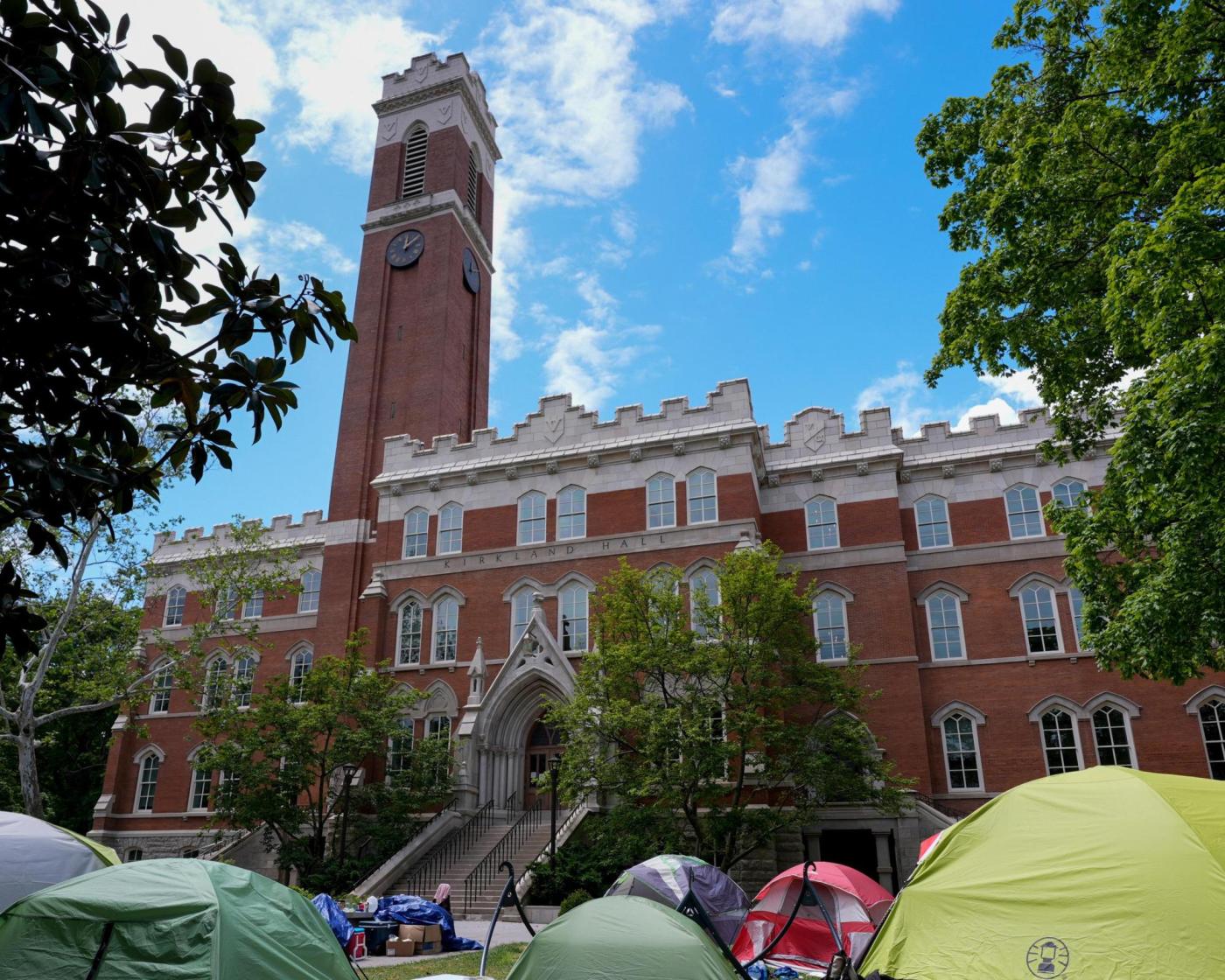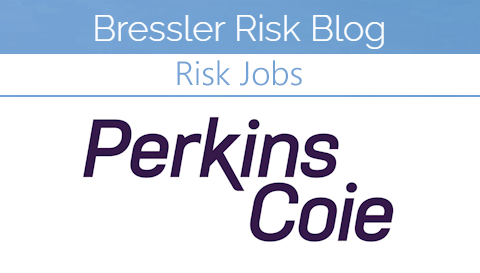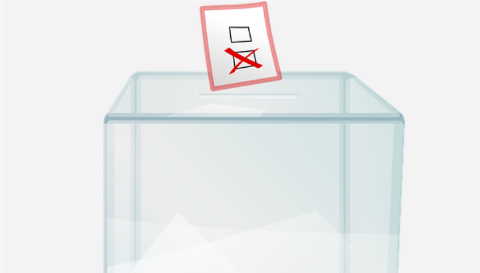
By COLLIN BINKLEY, AP Education Writer
WASHINGTON (AP) — The five universities that are still weighing President Donald Trump’s higher-education compact have been asked to join a White House call Friday to discuss the proposed deal, according to two people familiar with the matter.
The people spoke on condition of anonymity to discuss details of the private call.
It follows a flurry of rejections from four of the nine universities invited to be “initial signatories” of the agreement. The White House asked university leaders to provide initial feedback by Oct. 20, yet as the deadline approaches, none have signed on to the document.
Those that have not yet announced a decision are Dartmouth College, the University of Arizona, the University of Texas, the University of Virginia and Vanderbilt University. They did not immediately respond to questions about Friday’s call.
Leaders of the University of Texas system said they were honored to be included, but other universities have not indicated how they’re leaning.
Officials at the University of Virginia invited campus feedback as they weighed the offer. Dartmouth President Sian Beilock acknowledged the need for reforms but said she would “never compromise our academic freedom and our ability to govern ourselves.”
The Massachusetts Institute of Technology was the first to decline the deal last week, saying it would limit free speech and campus independence. Similar concerns were cited in rejections from Brown University, the University of Pennsylvania and the University of Southern California.
The compact — which aims to reshape higher education through negotiation rather than legislation — has stirred a wave of pushback from academia and beyond. It has been protested by students, condemned by faculty and drawn the ire of Democrats at all levels. Gov. Gavin Newsom in California and Democrats in Virginia have threatened to cut state funding to any university that signs on.
It’s unclear exactly what universities have to gain by agreeing to the deal — or what they stand to lose if they don’t. In a letter sent alongside the compact, Trump officials said it provided “multiple positive benefits” including favorable access to federal funding. In exchange, colleges were asked to adopt 10 pages of commitments aligned with Trump’s political priorities.
It asked for commitments to eliminate race and sex from admissions decisions, to accept the government’s binary definition of “man” and “woman,” to promote conservative views on campus and to ensure “institutional neutrality” on current events, among other provisions.
“Institutions of higher education are free to develop models and values other than those below, if the institution elects to forego federal benefits,” the compact said.
Many of the terms align with recent deals the White House struck with Brown and Columbia universities to close investigations into alleged discrimination and to restore research funding. But while those agreements included terms affirming the campuses’ academic freedom, the compact offers no such protection — one of the roadblocks cited in Brown’s rejection.
White House officials described the offer as a proactive approach to shape policy at U.S. campuses even as the administration takes enforcement action against colleges it accuses of antisemitism and liberal bias. The White House has cut billions of dollars at Harvard and other prestigious schools, and then entered negotiations to restore it if colleges agree to wide-ranging settlements in line with the administration’s views.
Trump on Sunday said colleges that sign on will help bring about “the Golden Age of Academic Excellence in Higher Education.” Speaking on his Truth Social platform, he said it would reform universities that are “now corrupting our Youth and Society with WOKE, SOCIALIST, and ANTI-AMERICAN Ideology.”
The Associated Press’ education coverage receives financial support from multiple private foundations. AP is solely responsible for all content. Find AP’s standards for working with philanthropies, a list of supporters and funded coverage areas at AP.org.
Originally Published:








